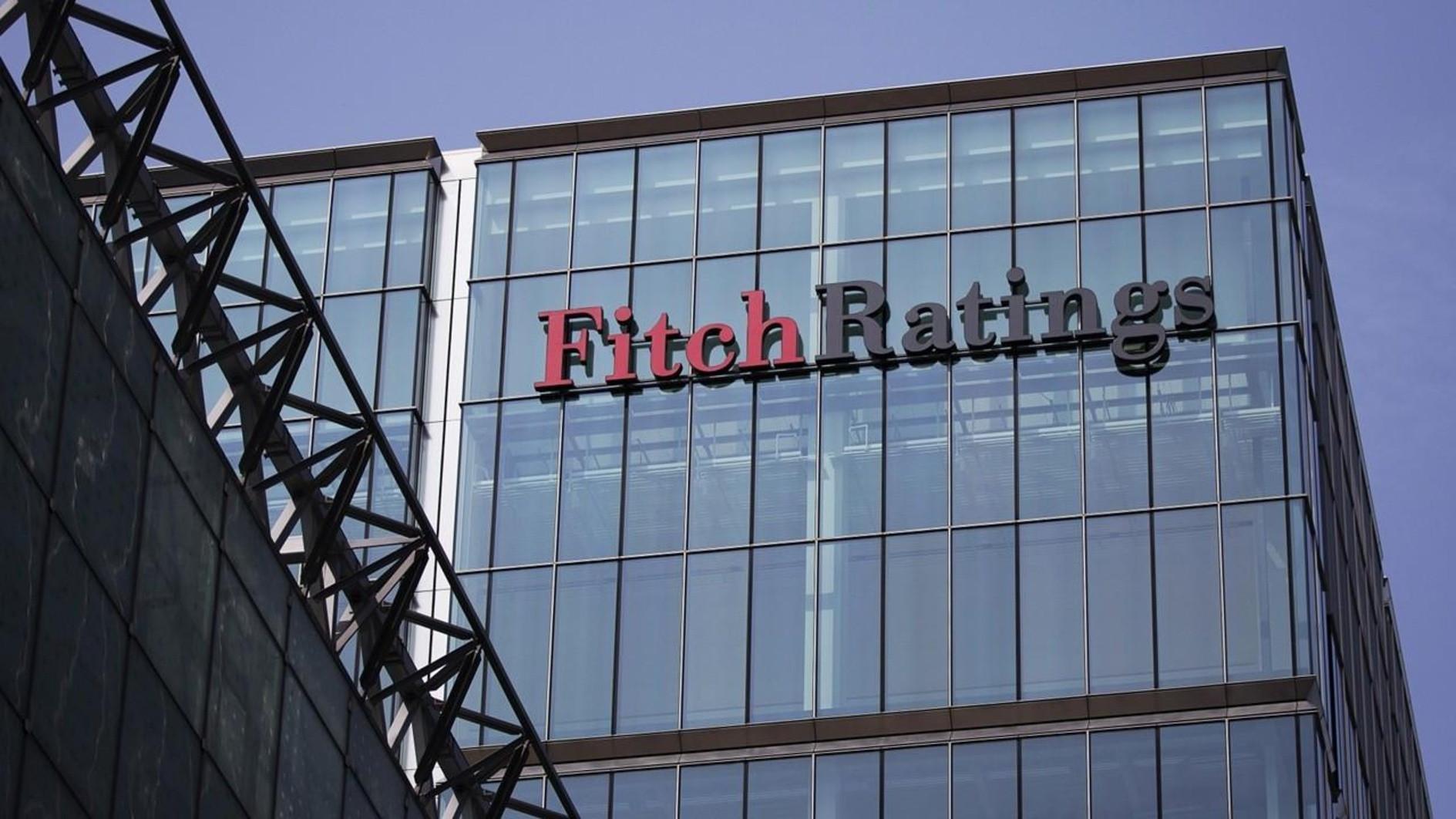
Fitch Ratings on Friday affirmed Türkiye’s long-term foreign currency issuer default rating at “BB-” and maintained its outlook as “stable.”
In its assessment of the Turkish economy, Fitch said the rating reflects weaknesses and strengths in the country’s credit profile. It cited Türkiye’s “low government debt, record of sustaining access to external financing, resilient banking sector and high GDP per capita relative to the 'BB' peer group median” as key strengths.
The agency noted that its base case is for policies to remain “fairly tight through 2026,” while some easing is anticipated ahead of the 2028 elections. Fitch emphasized, however, that it does not expect “a return to highly negative real rates.”
Inflation, which dropped to 35% in June, is forecast to decline to 28% by the end of 2025 and to 21% by the end of 2026, although Fitch noted it is “still the highest of any sovereign we rate.”
Fitch projected that the Turkish economy will grow 2.9% in 2025, 3.5% in 2026 and 4.2% in 2027.
The agency said a “sustained decline in inflation that reduces the gap with rating peers underpinned by enhanced policy credibility, and a lower risk of renewed macro-instability” could lead to an upgrade. It added that a “significant strengthening of the sovereign's external buffers” could also positively affect Türkiye’s rating.
Fitch upgraded Türkiye’s rating from “B+” to “BB-” in September and affirmed the rating and the outlook in a follow-up review in January.
Moody’s upgrades Türkiye’s credit rating to ‘Ba3'
Moody’s also on Friday upgraded Türkiye’s credit rating from B1 to Ba3 and revised its outlook from positive to stable.
“The upgrade reflects the strengthening track record of effective policymaking, more specifically in the central bank’s adherence to monetary policy that durably eases inflationary pressures, reduces economic imbalances, and gradually restores local depositor and foreign investor confidence in the Turkish lira,” the international credit rating agency said in a statement.
“The upgrade also reflects the view that the risk of a policy reversal has receded, although it will remain present in the coming years,” it added.
Moody’s noted that maintaining the current policy path and advancing planned structural reforms could further enhance Türkiye’s resilience to external shocks, particularly by reducing its energy import dependence and increasing the competitiveness of exports.
It simultaneously raised the country’s local-currency ceiling to Baa3 and foreign-currency ceiling to Ba2, citing improvements in policy credibility while also warning of lingering vulnerabilities tied to foreign exchange buffers and potential policy shifts.